
Politics
21:15, 15-May-2017
B&R Initiative is a global dialogue, not China’s monologue
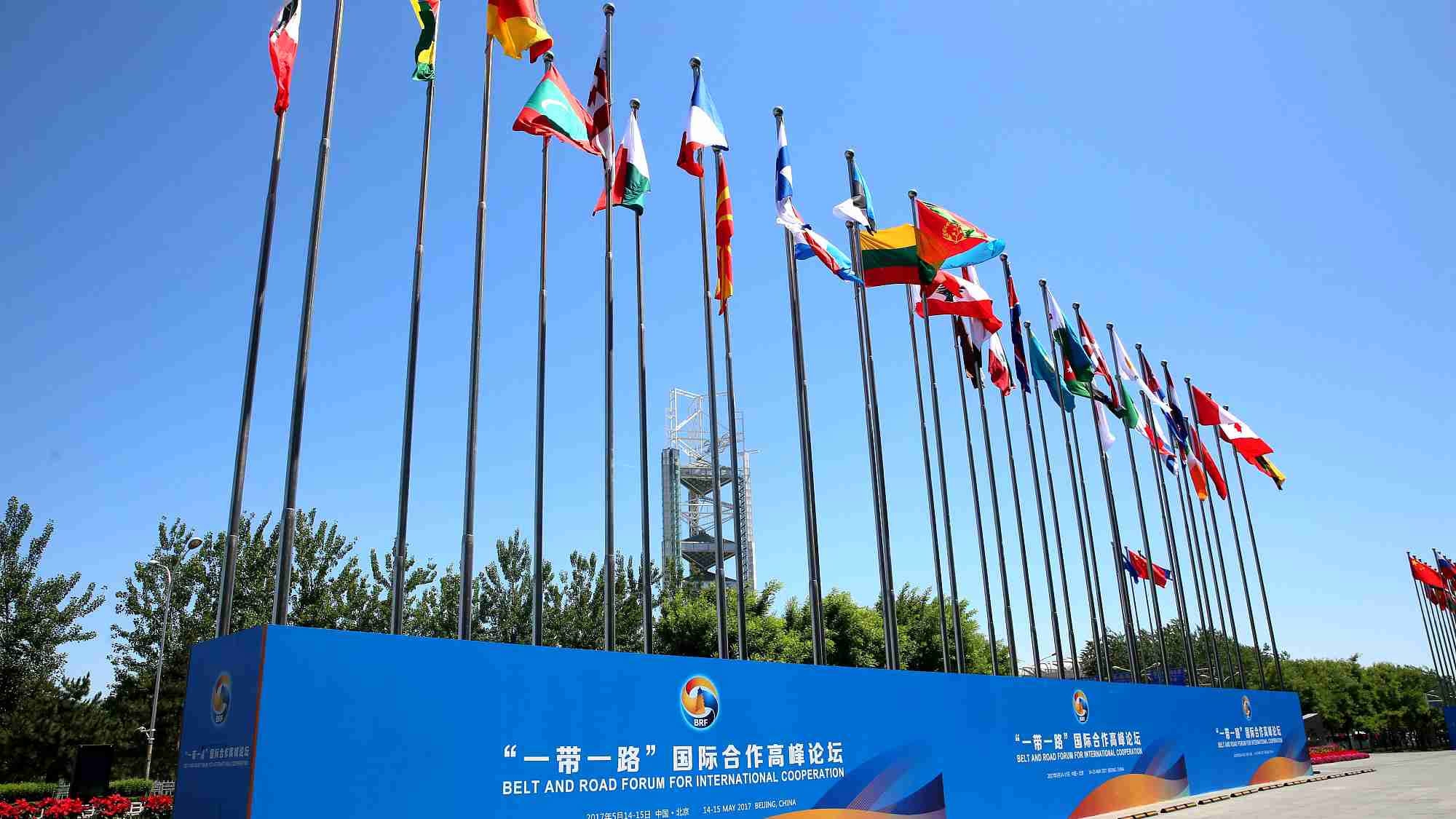
By CGTN's Lu Yanrong
The political mainstream in Europe and the United States faces a dilemma posed by the rise of populism, which is testing the resilience of liberalism and democratic systems. China, as the second largest economy in the world, has been mapping out its action plan under the Belt and Road Initiative to support equitable globalization and contribute to a stable global political and economic landscape.
With common interests and concerns in mind, China hopes to help provide an antidote to global disruption by promoting inclusive and unimpeded multilateral trade and cooperation.
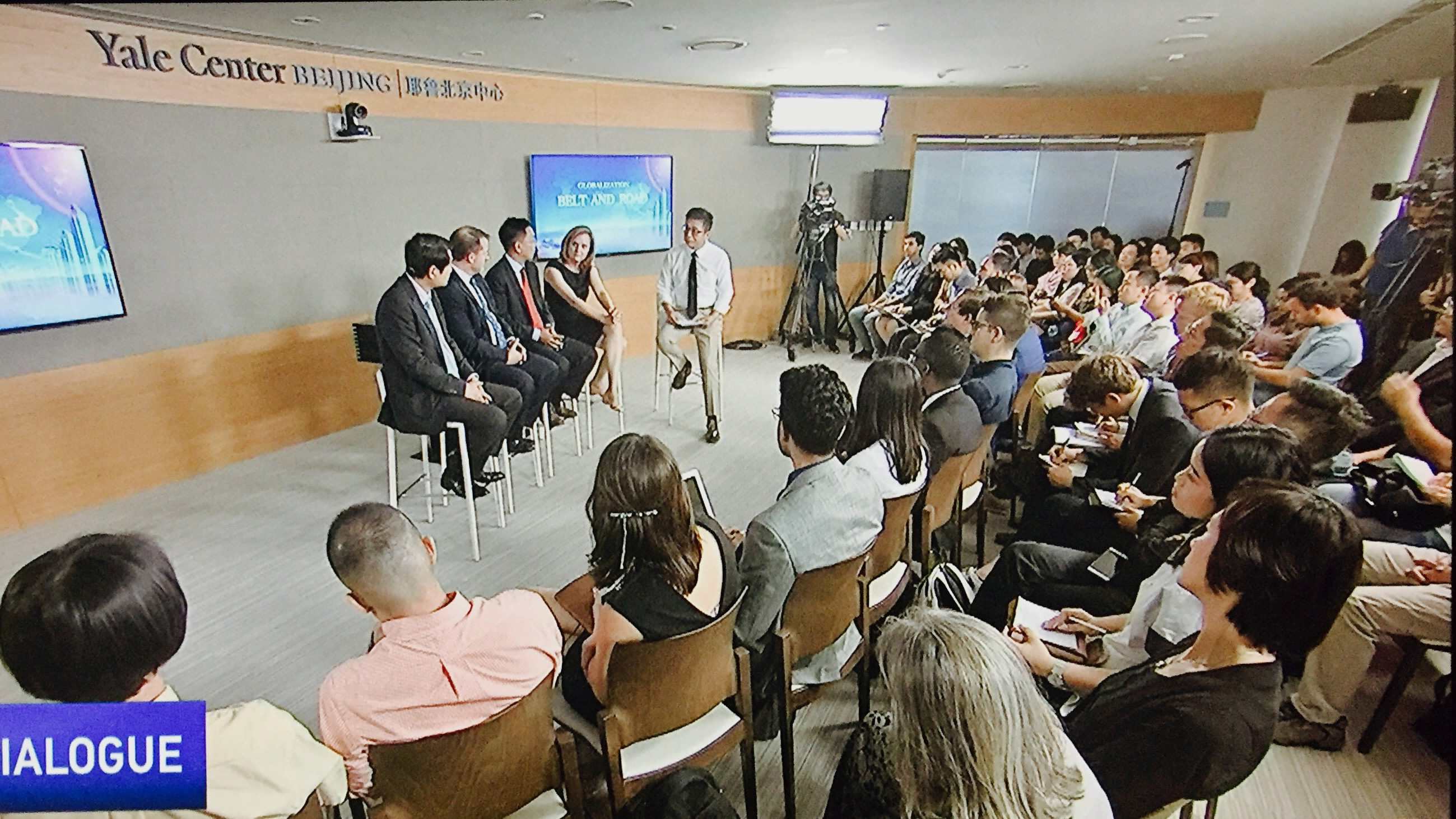
Host of "Dialogue" Yang Rui talking to experts. /CGTN Photo
Host of "Dialogue" Yang Rui talking to experts. /CGTN Photo
In what ways is China’s Belt and Road Initiative expected to support globalization and global economy? What potential risks could populism present to the development of the plan?
The Belt and Road Initiative "is not just a bilateral initiative, it contributes to multilateral cooperation, which involves many countries and international organizations,” said Wang Huiyao, president of the Center for China and Globalization. “It’s good for China to take the first initiative on this. Next year is going to be China’s opening-up 40 years' anniversary. For the last 40 years, China was basically looking inward, opening up and welcoming foreign capitals and investments. But for the next 40 years, it’s going to the opening up (in an outward fashion). So China’s looking outside world via Belt and Road Initiative. It’s really great.”
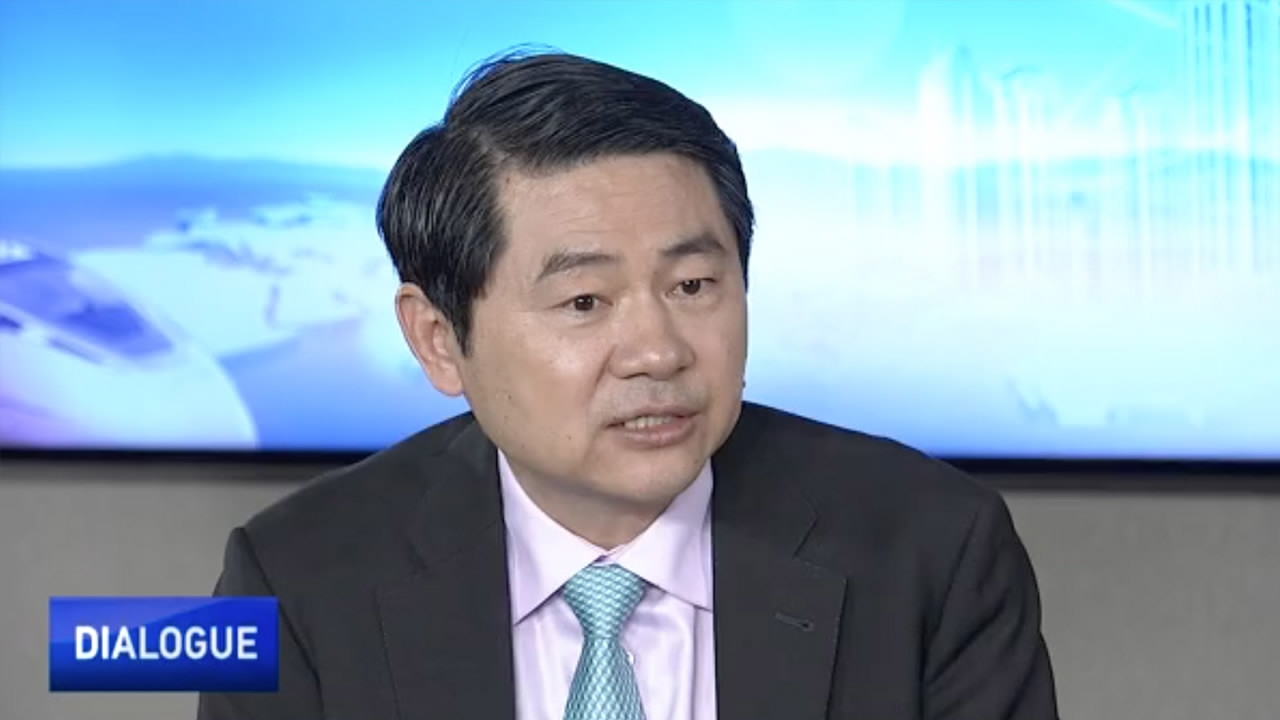
“I am not sure globalization has gone away,” Paul Haenle from the Carnegie–Tsinghua Center for Global Policy, said, noting that there needs to be more discussion between the US and China about what the Belt and Road Initiative is. “I think China should be commended for putting together the efforts to address the gaps in infrastructure development. China has said this is really an effort for developing countries, so it engaged developing countries, as a result it hasn’t really engaged with the US. However, the US has lots to offer, we have tremendous successful examples (that) can be exchanged.”
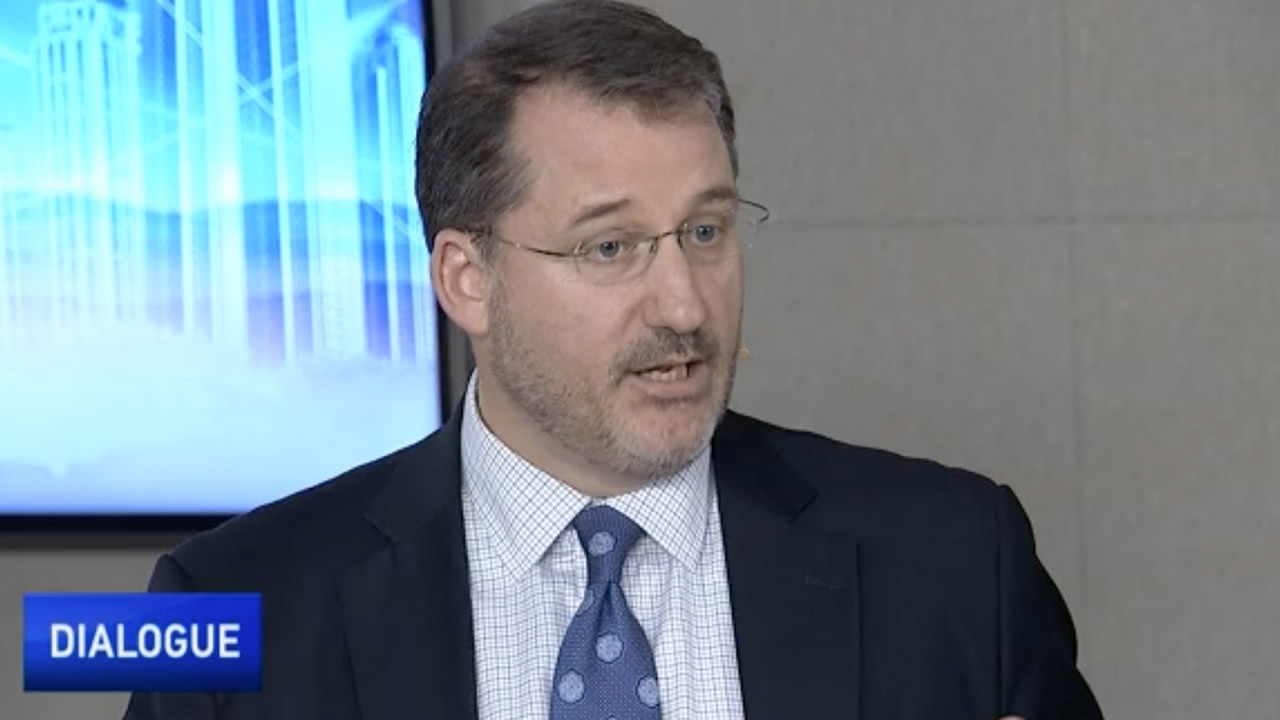
Adhering to globalization, China mapped out numerous projects to contribute to global economic growth. However, many Western observers still view some projects as part of the so-called “geo-economic” strategies for China to overtake American and European influence through non-military means.
"Perceptions do matter," Xie Tao, a professor at Beijing Foreign Studies University, stated. "China is investing billions of dollars to help other countries, but some countries are seeing this in a suspicious way: Are you going to help India? Are you going to help Pakistan in their strategic rivalry? These are valid points for our top leadership," he noted.
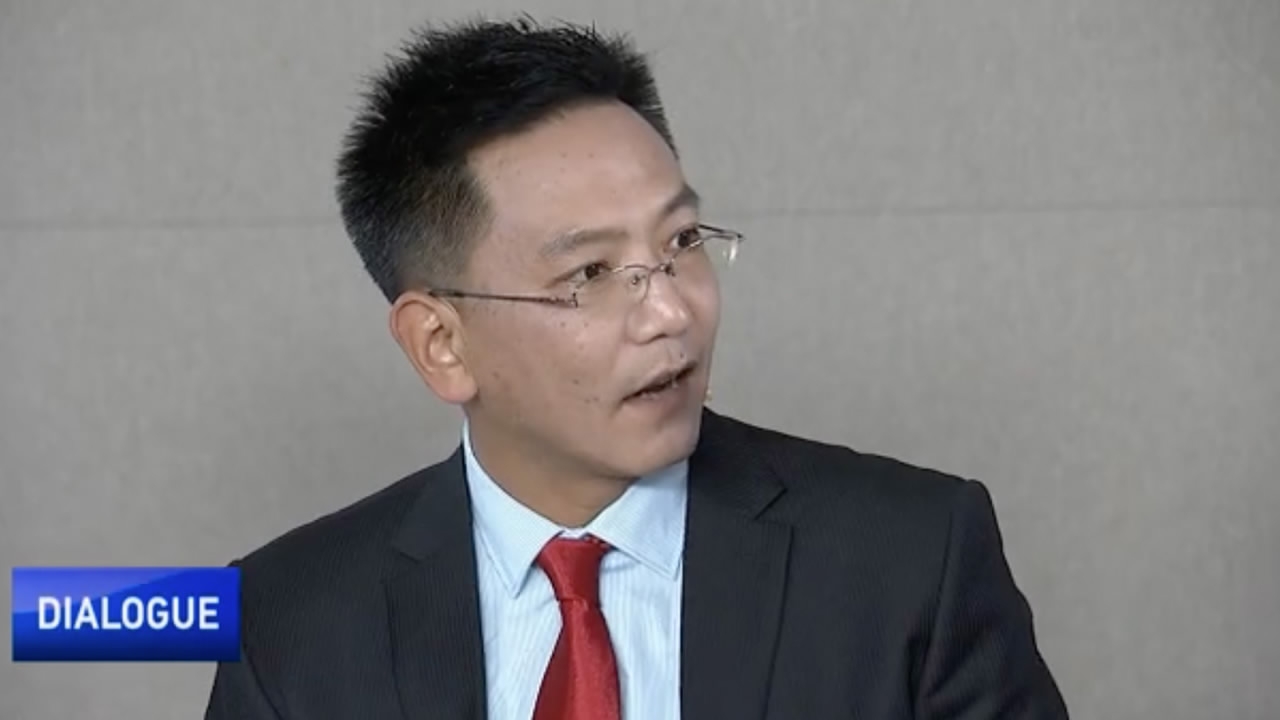
However, in the view of Chair of the British Chamber of Commerce in China, Clare Pearson, the Belt and Road Initiative is a democratic movement and a peace action.
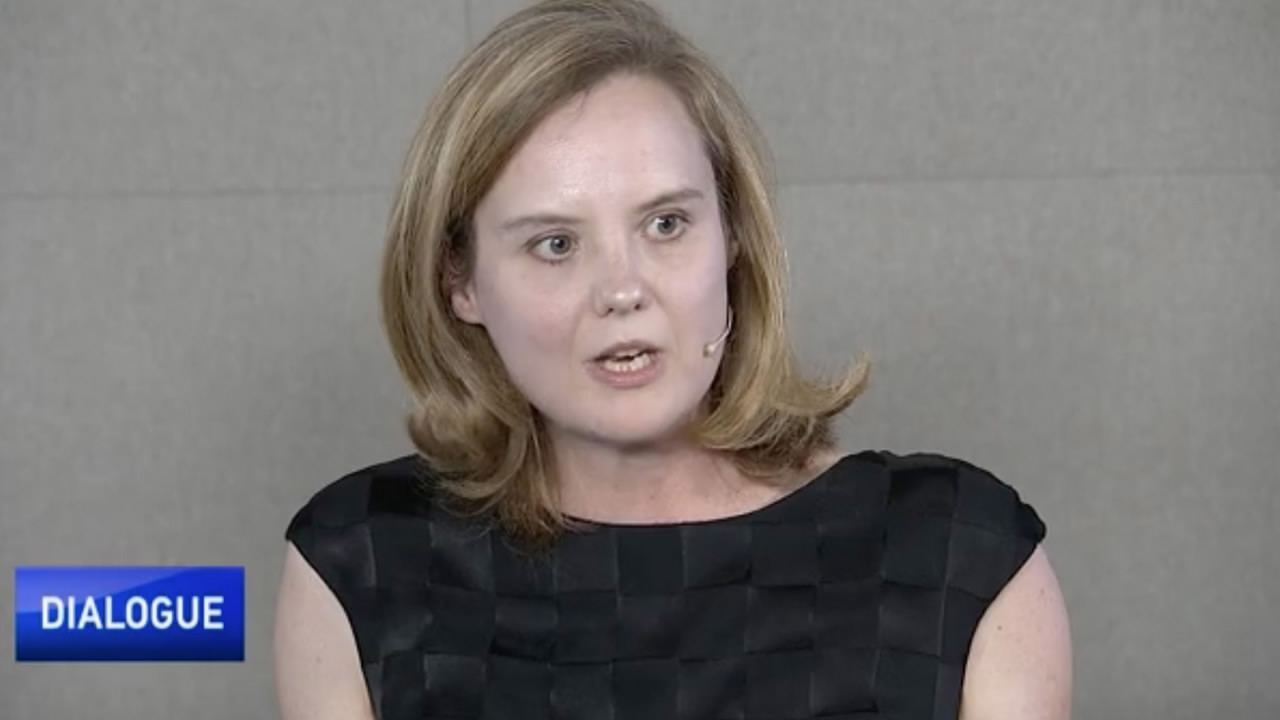
Co-prosperity and inclusiveness are the catch phrases in constructing the Belt and Road Initiative. However, to what extent the ambitious plan can deal with the dilemma of populism also depends on the global support it receives.

SITEMAP
Copyright © 2018 CGTN. Beijing ICP prepared NO.16065310-3
Copyright © 2018 CGTN. Beijing ICP prepared NO.16065310-3